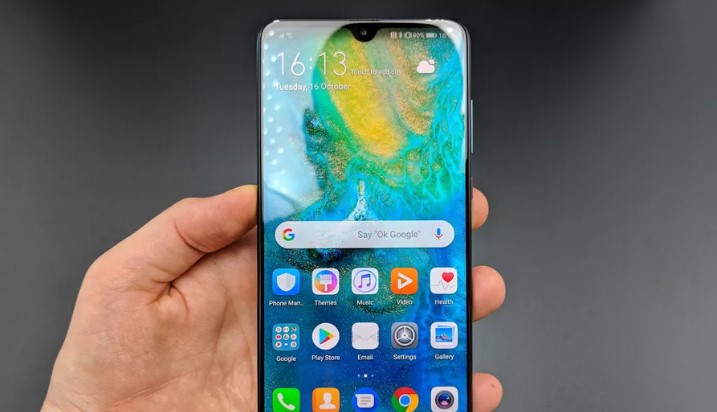
The momentous news that Google is cutting off its Android relationship with Huawei in response to a US government ban on the Chinese giant wasn’t much of a surprise to Huawei. A fresh report from Bloomberg today adds to the mounting evidence of Huawei preparing for being shunned by the United States. It suggests that Huawei’s App Gallery, which has been present on Huawei and Honor Android devices for a while, is in fact an earnest, albeit somewhat clandestine, effort to build a genuine alternative to Google’s dominant Play Store.
According to Bloomberg, Huawei pitched app makers in 2018 with the offer of helping them make inroads into China, the world’s largest smartphone market, if they built software for its App Gallery. Like all other Android phone vendors, Huawei is painfully aware of just how dependent it is on Google’s first-party apps and app platform, though unlike the majority of others, this company is also subject to great scrutiny and hostility from the US government. So it makes perfect sense that Huawei would try to prepare for the potential fallout of losing its working relationship with Google.
It does seem, however, that Huawei’s alternative app store plans hinged on it only losing access to Google as a business partner. Not every US software maker and provider. Being banned from working with any US company — even with a subsequent and partial 90-day reprieve from the US government, Huawei isn’t allowed to engage in new business with US firms — is going to mean no Facebook, Twitter, Pinterest, or a whole bunch of other collaborators to build out a mobile app store offering with.
Huawei is a company with great resources and scale, and it was en route to becoming the world’s most prolific smartphone maker this year before the US government’s intervention. As such, it promised a not unrealistic 50 million European users of its app store in 2018 to prospective app developer partners. Bloomberg says the company also offered to provide “a simple tool to tweak the software they wrote for Google’s store to work on App Gallery.“
In Huawei’s most optimistic outlook, the App Gallery would have served as the bridge between East and West: a place to distribute your apps to both a European and an Asian, primarily Chinese, audience. It would seem to make sense as a method for diversifying Android’s app platforms, and to offer meaningful competition to encourage Google to keep improving the Play Store. However, the severity of the Trump administration’s blanket ban makes even the App Gallery plan seem unlikely to bear fruit.

